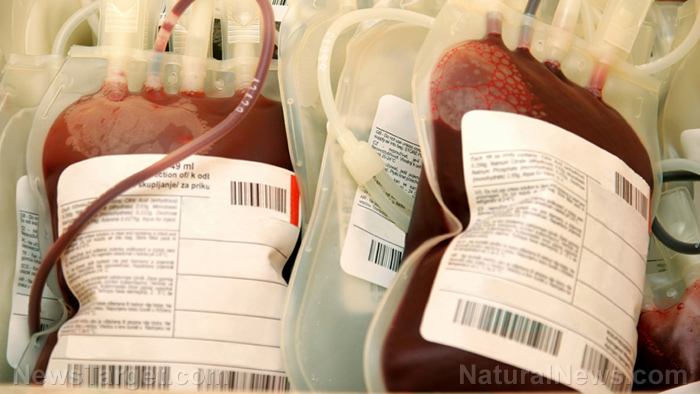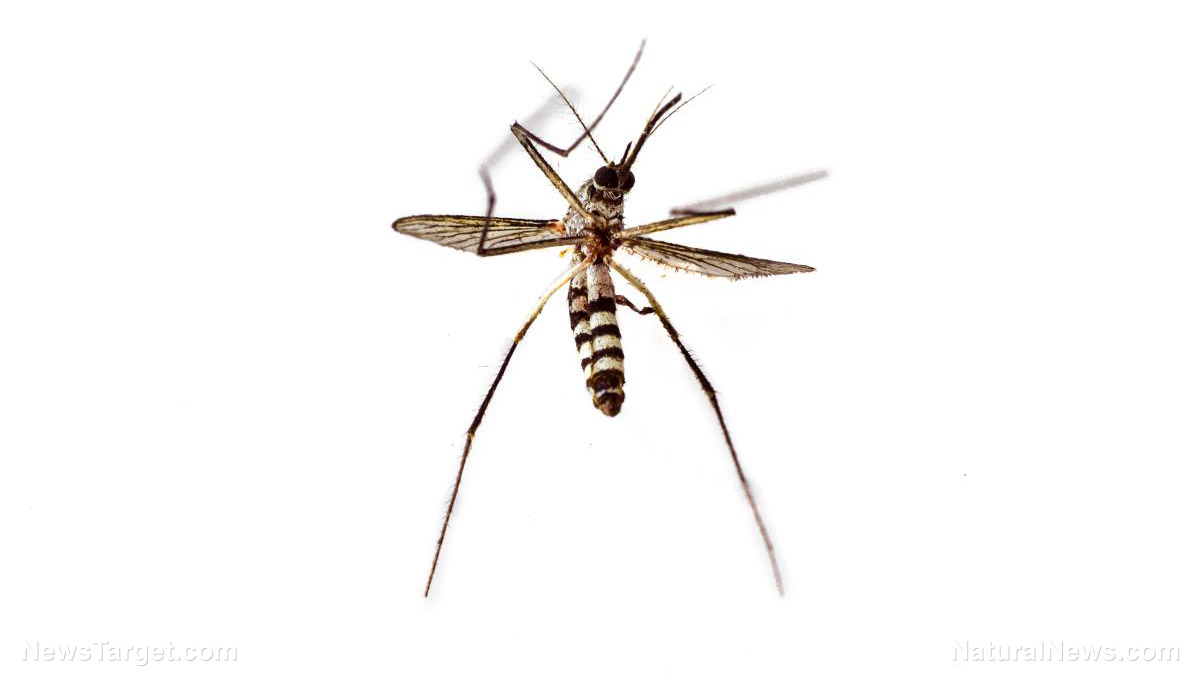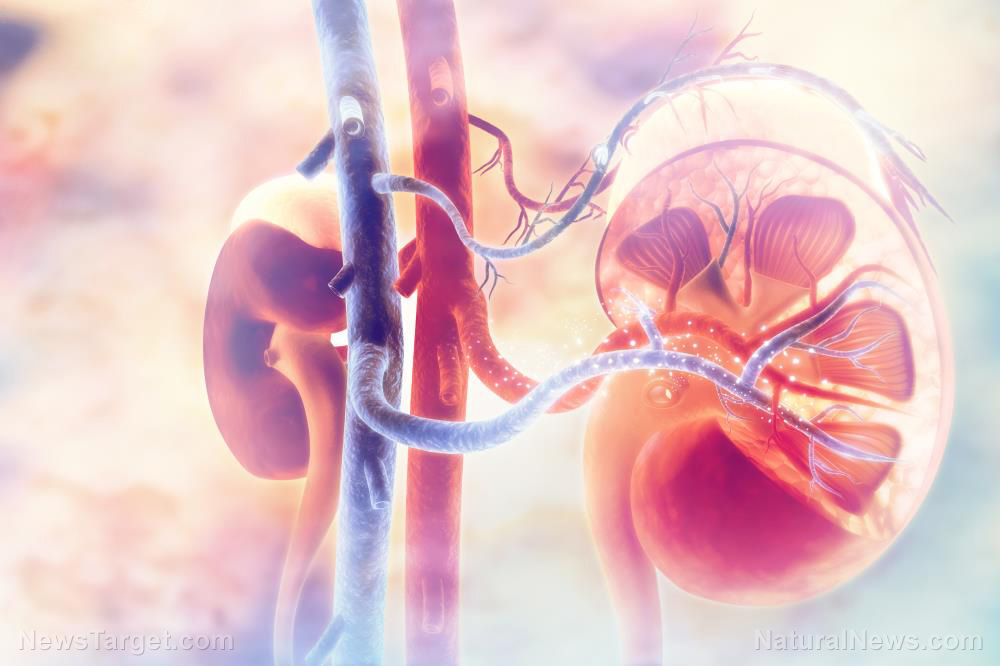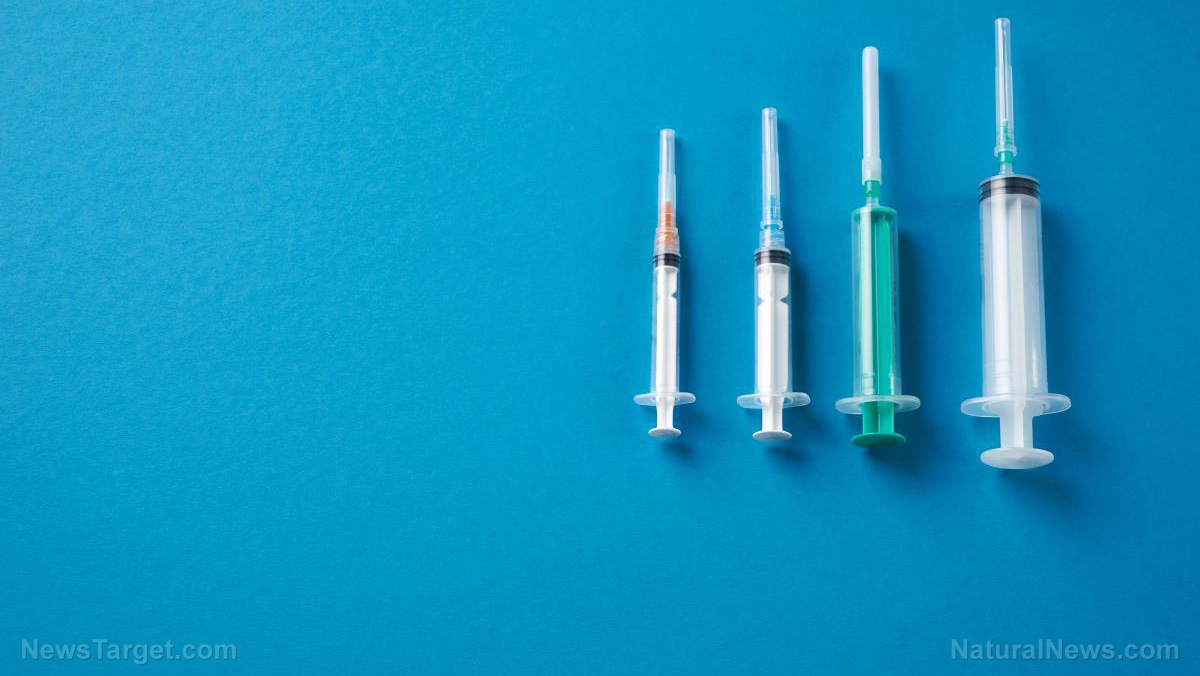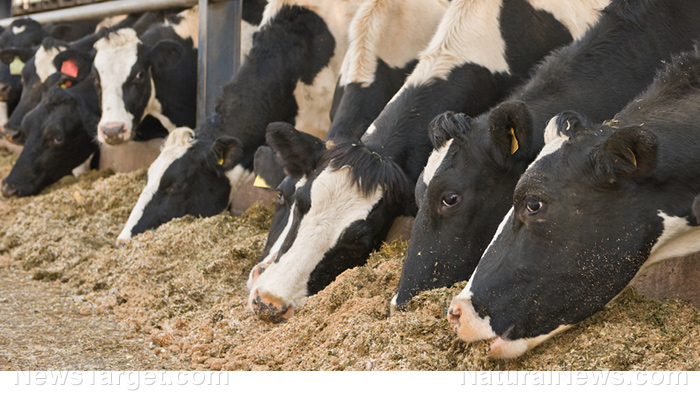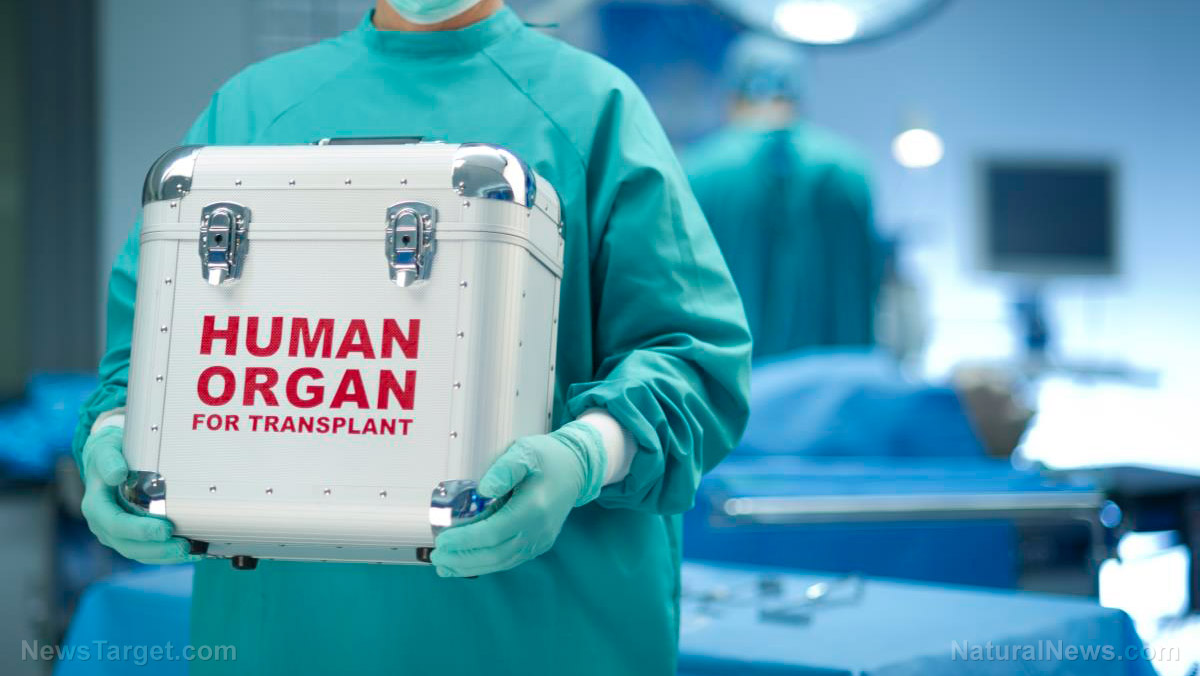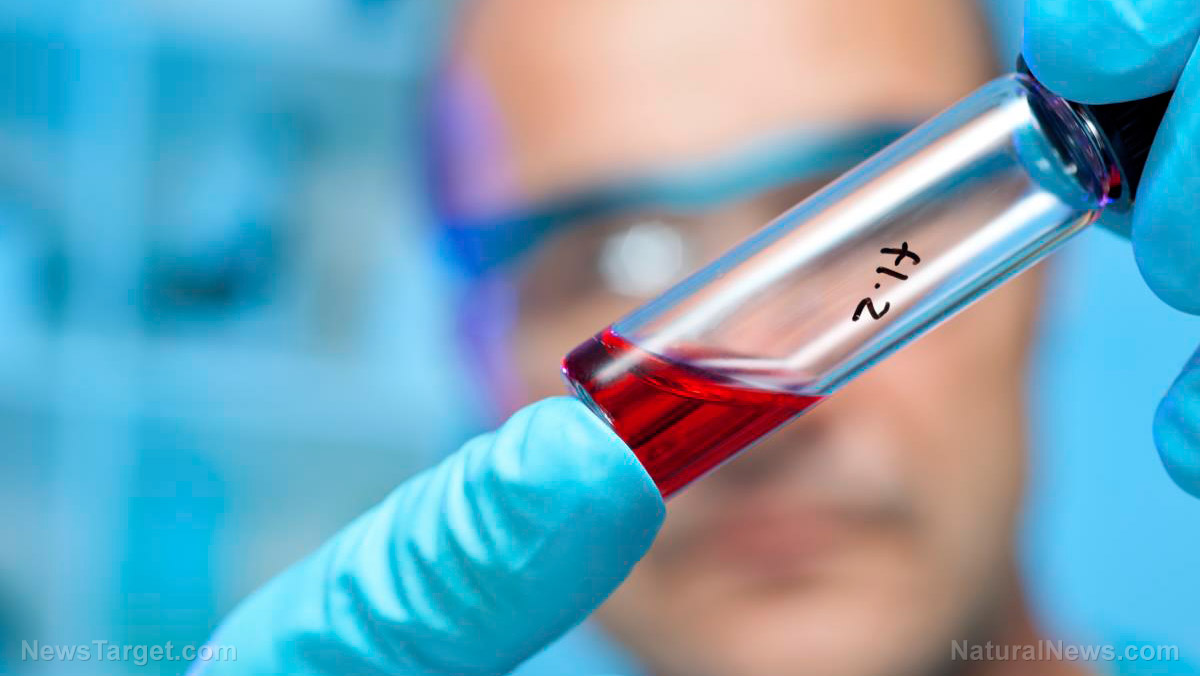New studies add to growing body of scientific evidence linking COVID-19 vaccines to cancer
06/06/2024 / By Cassie B.

Several recent studies have added to the growing body of scientific evidence linking COVID-19 vaccines to cancer. The first study is a new preprint that shows the spike protein in the SARS-CoV-2 virus and mRNA vaccines inhibits a crucial protein that suppresses tumors, potentially causing a greater incidence of cancer.
The study, entitled “SARS-CoV-2 spike S2 subunit inhibits p53 activation of p21(WAF1), TRAIL Death Receptor DR5 and MDM2 proteins in cancer cells,” was authored by researchers from Brown University, who wanted to investigate whether the S2 component of the spike protein in the vaccine and the virus interacted with a tumor suppressor protein known as P53 that plays a vital role in DNA damage response and repair. They found that the S2 component suppresses the P53, a finding that “provides a potential molecular mechanism by which SARS-CoV-2 infection may impact tumorigenesis, tumor progression and chemotherapy sensitivity.”
This means that a component in the spike protein of the virus can cause tumors to develop and might inhibit any positive effects brought about by cancer therapies. Although their study focused on the spike protein in the virus itself, the researchers said that the results also have implications for the mRNA jabs because they instruct the body to create the same spike protein found in the virus.
They wrote: “Our results have implications for the biological effects of spike S2 subunit in human cells whether spike is present due to primary COVID-19 infection or due to mRNA vaccines where its expression is used to promote anti-viral immunity.”
This study serves to confirm previous findings, such as an October 2020 study published in Translational Oncology that noted the interaction between S2 proteins and the P53 tumor suppressor protein, along with an October 2021 peer-reviewed study in the Journal of Viruses that reached a similar finding.
Another new study demonstrating the link between COVID-19 vaccines and cancer is “Review: N1-methyl-pseudouridine (m1?): Friend or foe of cancer?”, which was published in April in the International Journal of Biological Macromolecules. It concluded that 100% pesudouridinated mRNA has the potential to promote cancer and should not be used in mRNA therapies.
“Evidence is provided that adding 100 % of N1-methyl-pseudouridine (m1?) to the mRNA vaccine in a melanoma model stimulated cancer growth and metastasis, while non-modified mRNA vaccines induced opposite results, thus suggesting that COVID-19 mRNA vaccines could aid cancer development,” the authors of the study noted.
Oncology experts explain the dangers of mRNA COVID-19 shots
According to oncology professor Angus Dalgleish, there are actually four mechanisms that have been identified by researchers through which the jabs could spur a rise in cancer. Dalgleish reports that after observing a rise in cancer relapses in his melanoma clinic, he decided to dig further after noting that one thing they all had in common was a recent mRNA COVID-19 vaccine booster. Consultations with colleagues revealed the trend was being seen in other countries, with several expressing concern about increases in new cancers, particularly in younger people.
The first mechanism he identified is the suppression of T cell responses following boosters of the jab. Other mechanisms include increased PD-L1, contamination of plasmid DNA with SV40 enhancer sequence, and IgG4 class switch.
Many other oncologists are now stepping up and drawing attention to the dangers. For example, Japan’s most senior cancer doctor, Dr. Masanori Fukushima, recently called on the World Health Organization to investigate the dangers of the jabs in light of the rise in previously unseen “turbo cancers.” The esteemed oncologist said the mRNA COVID-19 shots are “essentially murder” and “abuse of science.”
Sources for this article include:
Submit a correction >>
Tagged Under:
Big Pharma, biological weapon, cancer criminals, Censored Science, chemical violence, covid-19 vaccines, genetic lunacy, mRNA, pandemic, pharmaceutical fraud, research, spike protein, vaccine damage, vaccine injury, vaccine wars, vaccines
This article may contain statements that reflect the opinion of the author
RECENT NEWS & ARTICLES
COPYRIGHT © 2017 GENETIC LUNACY

